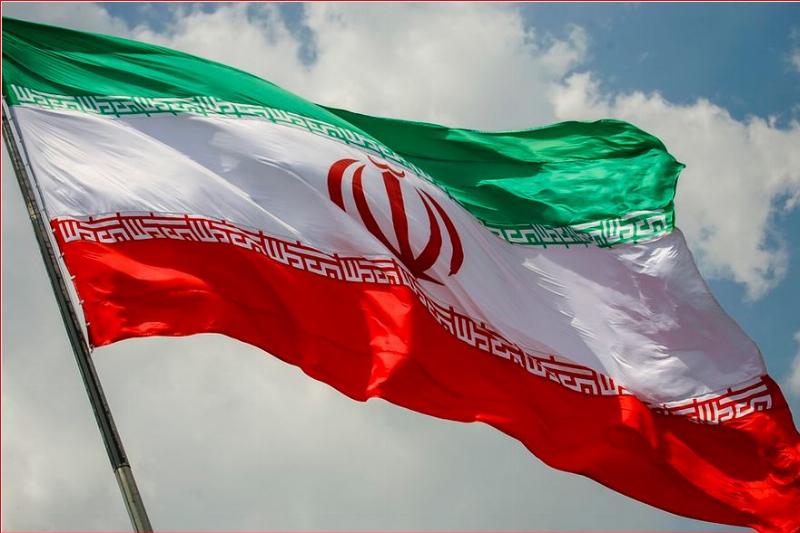


Iran has a new "reformist" president, Masoud Pezeshkian, from Tabriz, sworn in in early office.
The selection of his cabinet members came on August 21, after five days of chaos and disagreements in the Majlis, or parliament, over whom he proposed to sit in his cabinet as his ministers. But in the end, the Iranian regime’s Majlis approved all ministers and appointees.
This approval came only after the regime’s president repeatedly and shamefully emphasized that all ministers were chosen by the regime’s Supreme Leader Ali Khamenei himself. This stands in sharp contrast to his claims of being a reformer on cultural matters as well as friendly relations with the West. Khamenei doesn't have a moderate or reformist bone in his body.
A look at what Pezeshkian said during this session reveals a clear picture of the absolute dictatorship under the Supreme Leader.
“We did not choose these individuals without coordination; we coordinated with the committees and the higher bodies,” Pezeshkian said, referring to the ministers of key ministries.
“We did nothing without coordination, whether with the lower committees or with the higher committees [Khamenei]; we coordinated with everyone we needed, including the security services, the IRGC, the Intelligence Organization, and everyone else we had to agree with.”
Pezeshkian explained that under the rule of the Supreme Leader, the parliament, government, elections, and other institutions are completely hollow and artificial, serving as nothing more than a cardboard facade to hide the reality of a medieval absolute dictatorship.
In response, MP Hamid Rasaei wrote on his X account: “After the unprecedented cost that Pezeshkian incurred from the Leader to approve his government, the entire proposed government was approved by the parliament.”
The infighting among the members of parliament highlights the scandal even further: “It is my duty in this position to defend the choices I have made, provided that I reject sedition,” said Abdolvahed Fayyadhi, referring to Khamenei’s orders.
Another MP, Rahim Zare’, mocked Parliament Speaker Mohammad Bagher Qalibaf and gave him a “constitutional reminder” not to cut off MP Mohammad Bagheri’s microphone when he let slip the truth by saying, “Mr. [Iskandar] Momeni [the proposed interior minister] was brought in to engineer the upcoming elections, and the next accusation is that there is a deviant faction in parliament planning this.”
MP Abbas Goudarzi also issued a “constitutional reminder” and said: “Some say that not voting for a proposed minister means disrupting unity, and this is wrong and even deviant.”
MP Ali Khazarian referred to the 2009 elections that were followed by a popular uprising, and said: “If it was decided from the beginning that only one person would emerge from the ballot box, why are they mocking the people? Why are they imposing all these costs on the regime?”
The same sentiment was expressed in the previous session of the regime’s parliament by Amir Hossein Sabati, who rejected Pezeshkian’s claim that Khamenei had approved all members of the government and said: “If that is the case, we must vote for all ministers and members of the government. Shut down the parliament.”
It is worth noting that the so-called reformists within the regime, who were disappointed with Pezeshkian’s proposed government, have been complaining in recent days, asking: “What kind of government is this?” “It is just a continuation of Raisi’s second administration,” until former President Mohammad Khatami, the godfather of this group, intervened, calling for “understanding the current complex and critical situation and dealing realistically with what has happened and what will happen.”
After the approval of the proposed government by the parliament, Maryam Rajavi, the President-elect of the National Council of Resistance of Iran (who is not a member of parliament, but in fact, the authentic Iranian democratic opposition in exile), said: “Nothing has changed in the government and leadership of the mullahs, and nothing will change. Regarding his new government, Pezeshkian said what he was not supposed to do and admitted that Khamenei personally selects and approves the ministers, and everything is done in coordination with “the security services, the IRGC, the Intelligence Organization, and everyone we have to reach.”
The agreement with Pezeshkian initially stipulated that he would join the administration because he saw the regime in danger, and his agenda was to implement Khamenei’s policies. However, the agenda of the Iranian people is to dismantle Khamenei’s apparatus and the entire Velayat-e Faqih system. “The 124 executions carried out in the past month alone speak volumes about the state of the regime and its new president,” she said.
Saeed Abed is a member of the NCRI Foreign Affairs Committee; a human rights activist, and an expert on Iran and the Middle East.
Image: Pixabay / Pixabay License
